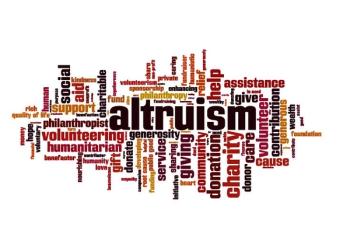
Dr Jud Brewer discusses the benevolent effects of altruism during the coronavirus pandemic in this brief podcast.

Dr Jud Brewer discusses the benevolent effects of altruism during the coronavirus pandemic in this brief podcast.
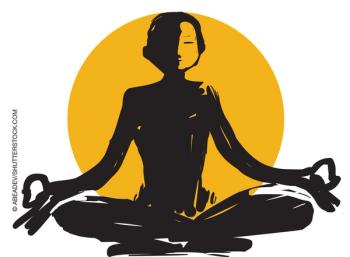
In what seem like ancient times “BCV” (before coronavirus), there was a more slowly growing scourge for physicians and other health care workers: burnout.

Sit back and listen to Dr Jud Brewer discuss integrative approaches to managing anxiety during the COVID-19 pandemic.
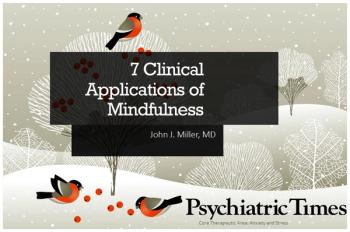
Medicine and psychology have integrated the basic principles of mindfulness into many diverse treatment modalities. Seven are listed here.
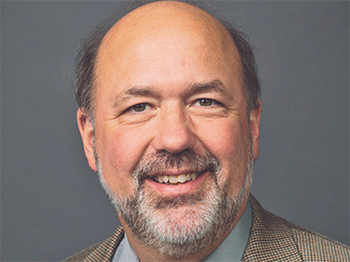
In our role as clinicians, we participate in the practice of medicine because there is always more to learn, and more experience to be gained. Such is the case with mindfulness...
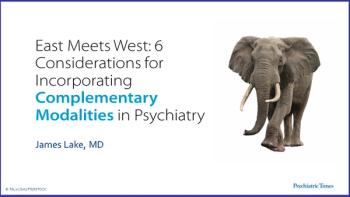
An integrative integrative psychiatrist provides practical guidance for incorporating complementary and alternative medicine into psychiatric practice in the treatment of severe mental illness.
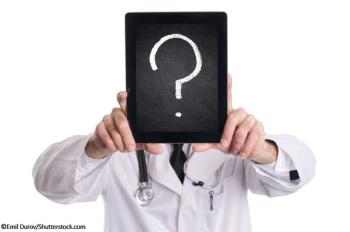
What is a common reason individuals cite for using complementary and integrative health approaches? Take the quiz.
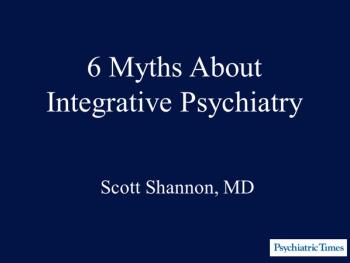
As we shift from treating disease and toward supporting health, medication is merely one possible intervention in a spectrum of possible ones.

Although efficacious treatments for PTSD have been established, many individuals remain symptomatic after treatment or never seek empirically supported therapies. This is where complementary and alternative medicine comes in.
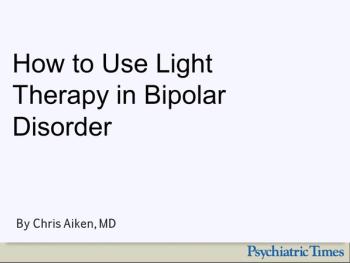
A novel protocol lights the way for a promising treatment for bipolar depression.
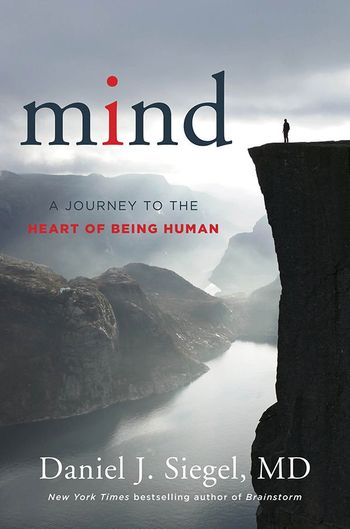
How might a better understanding of the mind enhance someone’s life and optimize a clinical encounter?

In this pilot study, older adults who practiced yoga did better on measures of verbal and visual memory and executive function than those in memory training classes.

What is integrated care anyway?

What is the central difference between conventional child and adolescent psychiatry and integrative child and adolescent psychiatry? Take the quiz and learn more.
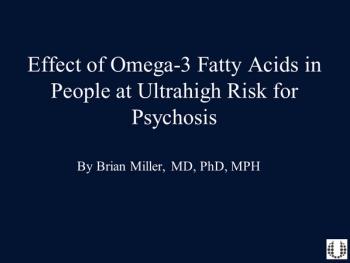
Can dietary supplementation decrease the risk of transition to psychosis?

For up to 60% of patients with bipolar disorder, simply treating their mood symptoms is not enough to help them return to a full life.

Are mind-body treatments really effective in treating PTSD? Find out in this quiz.

Integrative psychiatry helps us push deeper into the testing of metabolic, gut, and brain features, which seems more fitting, given our role as physicians.

These methods facilitate deep rest, help reset circadian rhythm, and release endogenous opioids and cannabinoids that help reduce anxiety and enhance a sense of well-being for people with PTSD.

Is it time to think outside the light box for treatment of seasonal depression?
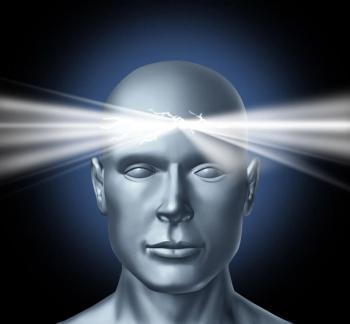
A new protocol makes light therapy an option for patients with bipolar depression.

The articles in part 1 of this Special Report provide concise reviews of important research findings and clinical applications of mindfulness meditation, breath practices, and uses of CAM therapies for perinatal depression.
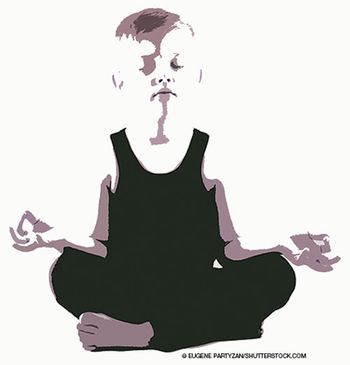
This review provides information to assist clinicians who are considering mindfulness meditation for their patients.

Slow voluntarily regulated breathing practices are noninvasive, easy to learn, and generally safe for treating patients with symptoms of anxiety, insomnia, depression, stress- and trauma-related disorders, ADHD, schizophrenia, and substance abuse.
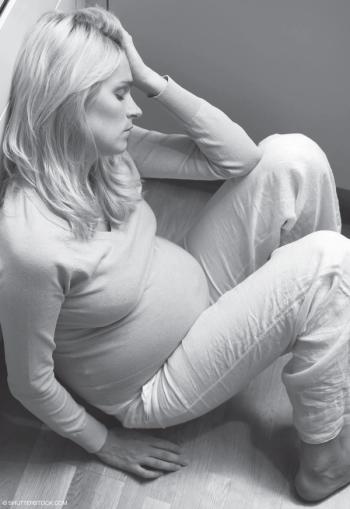
Many women choose to avoid standard treatment for perinatal depression, and instead prefer integrative treatments that incorporate complementary and alternative therapies. This article reviews the evidence base for these treatments.